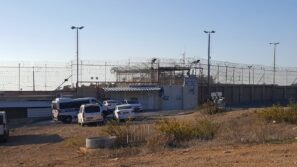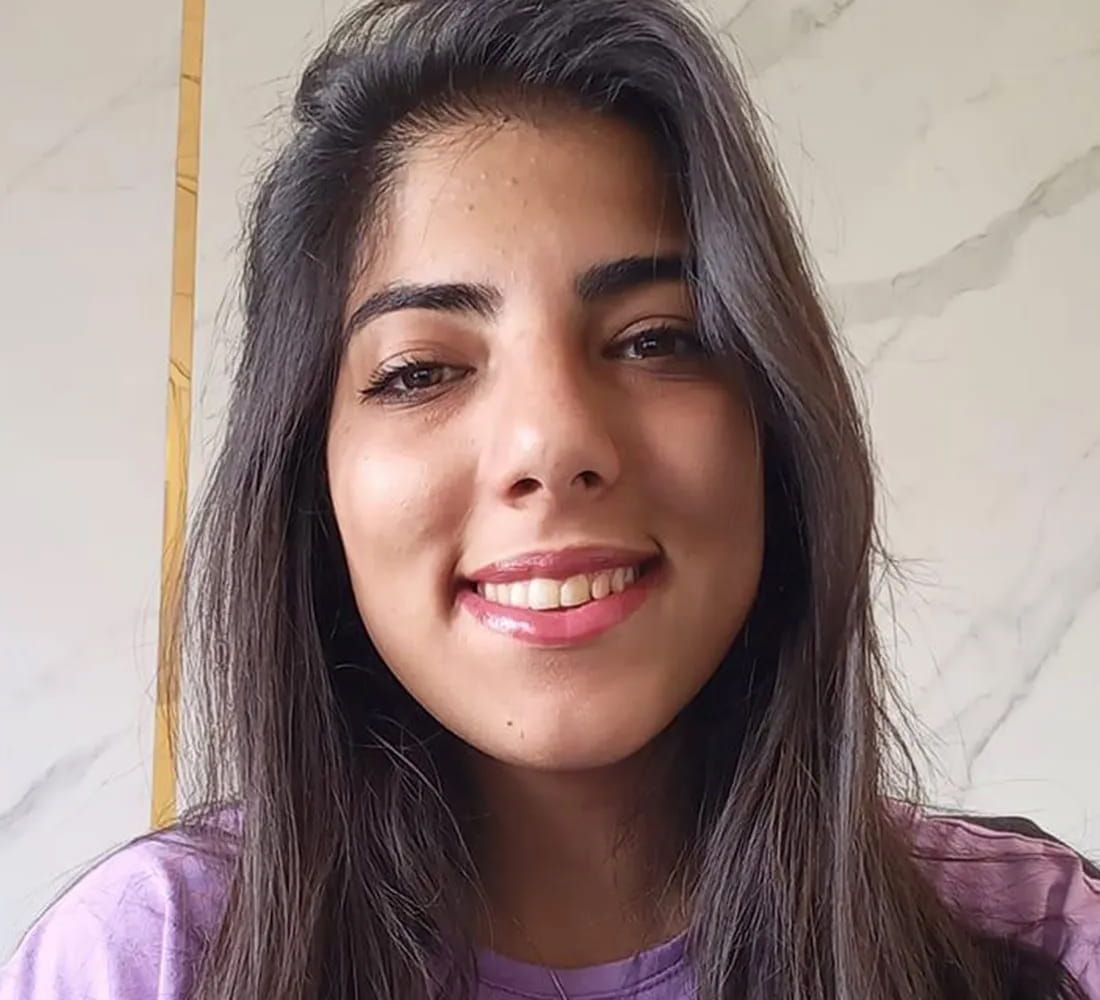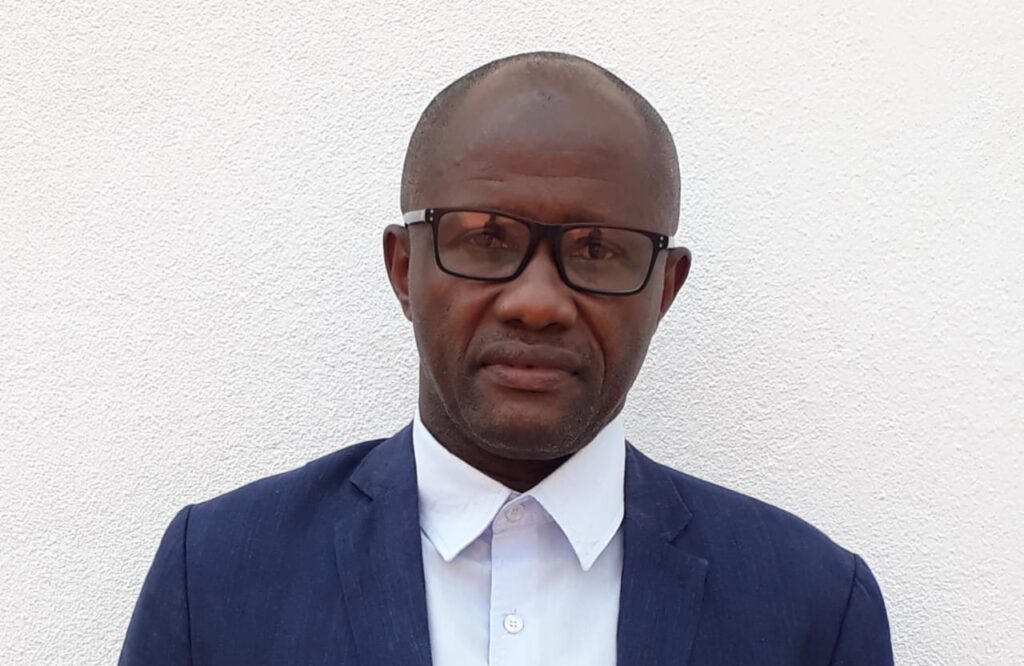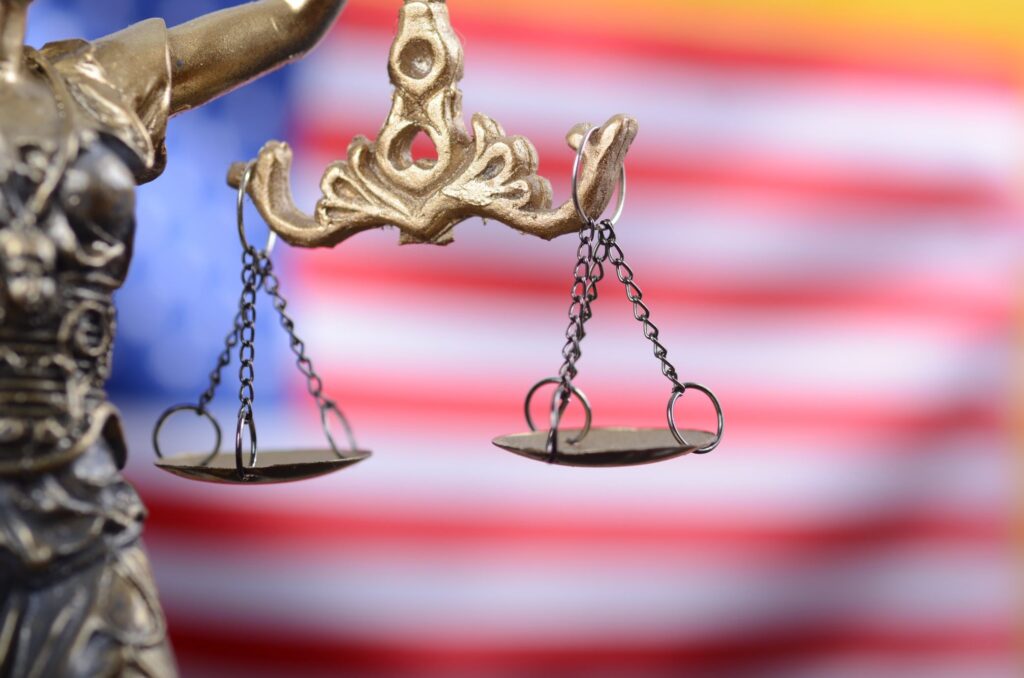Lawyer Tala Naser opens up about the situation in the Palestinian territories and her colleague, lawyer and human rights activist Diala Ayesh, who is detained.
Text: Trudeke Sillevis Smitt
Tala Naser talks and smokes fast, showing her high adrenaline levels. Luckily, she can happily laugh too. As a Palestinian lawyer in Ramallah, Naser is not amidst the bombings in Gaza. However, in the West Bank, there is intense sympathy, and here too the situation has worsened for Palestinians.
Halfway through the Zoom interview, Naser has to take a phone call. It is about her niece who was recently arrested by Israeli authorities. ‘I was there during that raid, we all live close to each other. It’s terrible to see your parents taken at gunpoint while your niece is taken away. These things happen regularly and we can’t leave town because settlers attack us. But this all is nothing compared to the genocide in Gaza.’
Naser works at Addameer*, a Palestinian NGO that advocates for the rights of prisoners detained by the Israeli army. These are all occupation-related cases; ‘normal’ offences are handled by the Palestinian authorities.
Secret file
Following Hamas’ 7 October attack, the number of civilian arrests has skyrocketed. Naser: ‘The Israeli army seems to want as many Palestinians behind bars as possible. 8,800 people have since been arrested, including 630 children, 76 journalists and an unknown number of lawyers and human rights defenders. Most of those people are held under “administrative detention”. Based on a “secret file”, the military prosecutors ask the judge to confirm an order for administrative detention. This form of detention can be extended indefinitely, without even having to press charges.’
Many people have been charged with incitement to violence, Naser says. ‘People are detained in dire conditions for posting three green hearts on their social media accounts. According to the Israelis, that means they’re supporting Hamas.’
During the last exchange in November, 240 of the 8,800 detainees were released. However, according to Naser, that is no guarantee. ‘The army regularly picks up people who were released just two weeks earlier. Even people whose life sentences had been lifted ten years ago in an exchange between Israel and the Palestinian authorities were sometimes later given the same sentence back.’
Diala Ayesh
Diala Ayesh, a lawyer and human rights activist whom Naser knows well, was arrested in January. Lawyers for Lawyers campaigned on her behalf. Naser: ‘During Diala’s arrest at a checkpoint in Bethlehem, she was attacked, insulted and threatened. She had to wait blindfolded and handcuffed in a small booth for hours, while Israeli soldiers and bystanders mocked her.’
Ayesh’s detention was extended by four months on 19 May. ‘Her lawyer has appealed against the extension, of course, but what arguments can you present if you don’t know why someone is detained? You can only argue that she is a human rights defender and a woman and point to the conditions under which she is detained.’
Those conditions are very bad, according to Naser. ‘Several lawyers have visited Diala and saw that she is held in a cell meant for four with eleven other women. Some of them sleep on very thin mattresses on the floor. After 7 October, the authorities took away everything from the prisoners except the clothes they were wearing at the time. They were not allowed to leave their cells at all, could no longer shower and even the water in the cell was cut off. They were no longer given sanitary towels and they were given brackish water to drink, causing many to develop abdominal complaints and skin rashes.’
Since then, there were some improvements. ‘The women have been given one extra set of clothes, and sanitary pads – of very poor quality – are provided again. But in some prisons, detainees are still allowed only one hour of airing in a cramped courtyard. Showers are only allowed during that time, which is not enough for everyone.’
 Detention center Damon, where Diala Ayesh is being held
Detention center Damon, where Diala Ayesh is being held
Two poor meals
In addition, there is too little food, says Naser. ‘Since 8 November, the canteen, where you had to buy your food as a prisoner, has been closed. People now get two poor meals a day. Those detained for a while lose 15 or 20 kilos just like that. Prisoners are collectively punished.’
Did these conditions also come up in court? ‘Of course, lawyers bring this up in court. Military judges and prosecutors are complicit. They know what is happening.’
Naser believes she is also at risk of arrest. ‘Our organisation has been flagged as a terrorist organisation [see below, ed.], there has been a raid on our office, everyone who works here is a target. We are not allowed to say that prisoners are being tortured while 18 people have died in custody since 8 October. Autopsies were conducted on five bodies, which revealed that all five were tortured to death by prison guards. This investigation took place at the request of the Israeli authorities. Such investigations have been initiated more often, but usually nothing changes. It is our right to raise these things. And we will continue to do so, it is our duty and we are not afraid.’
*Addameer Palestinian Prisoner Support and Human Rights Association
Addameer (Arabic for ‘conscience’) exists since 1991 and is a Palestinian NGO that provides free legal assistance to political prisoners in Israël and the Palestinian territories. In addition, the organization is involved in research, documentation and international information provision and local knowledge transfer in the field of prisoners’ rights. Addameer works with the United Nations, Amnesty International, Human Rights Watch and World Organization Against Torture, among others.
In 2021, Israël designated Addameer and six other NGOs as terrorist organizations, but this decision has been criticized, including by several European member states and experts from the Office of the United Nations High Commissioner for Human Rights.
On May 12, Addameer called on the Public Prosecutor of the International Criminal Court in The Hague (ICC) to investigate war crimes and crimes against humanity by Israeli authorities against prisoners in the Gaza Strip. Naser: ‘We see the decision of the Public Prosecutor on May 20 to request an arrest warrant for the Israeli Prime Minister and Minister of Foreign Affairs as a very important step. He just didn’t mention the prisoners. We will continue to push for accountability for those responsible for the way they are treated.”





